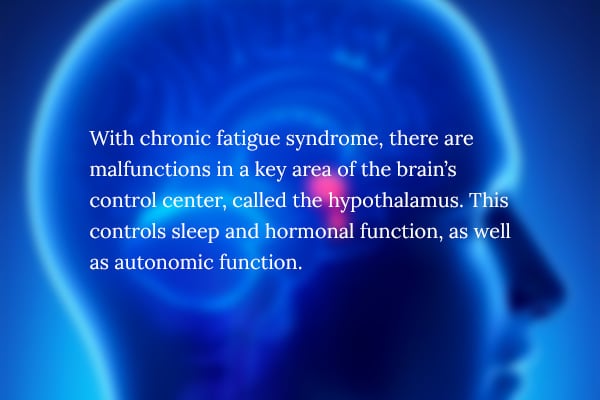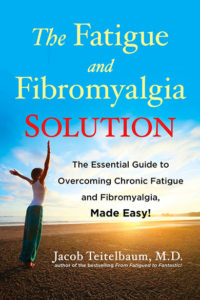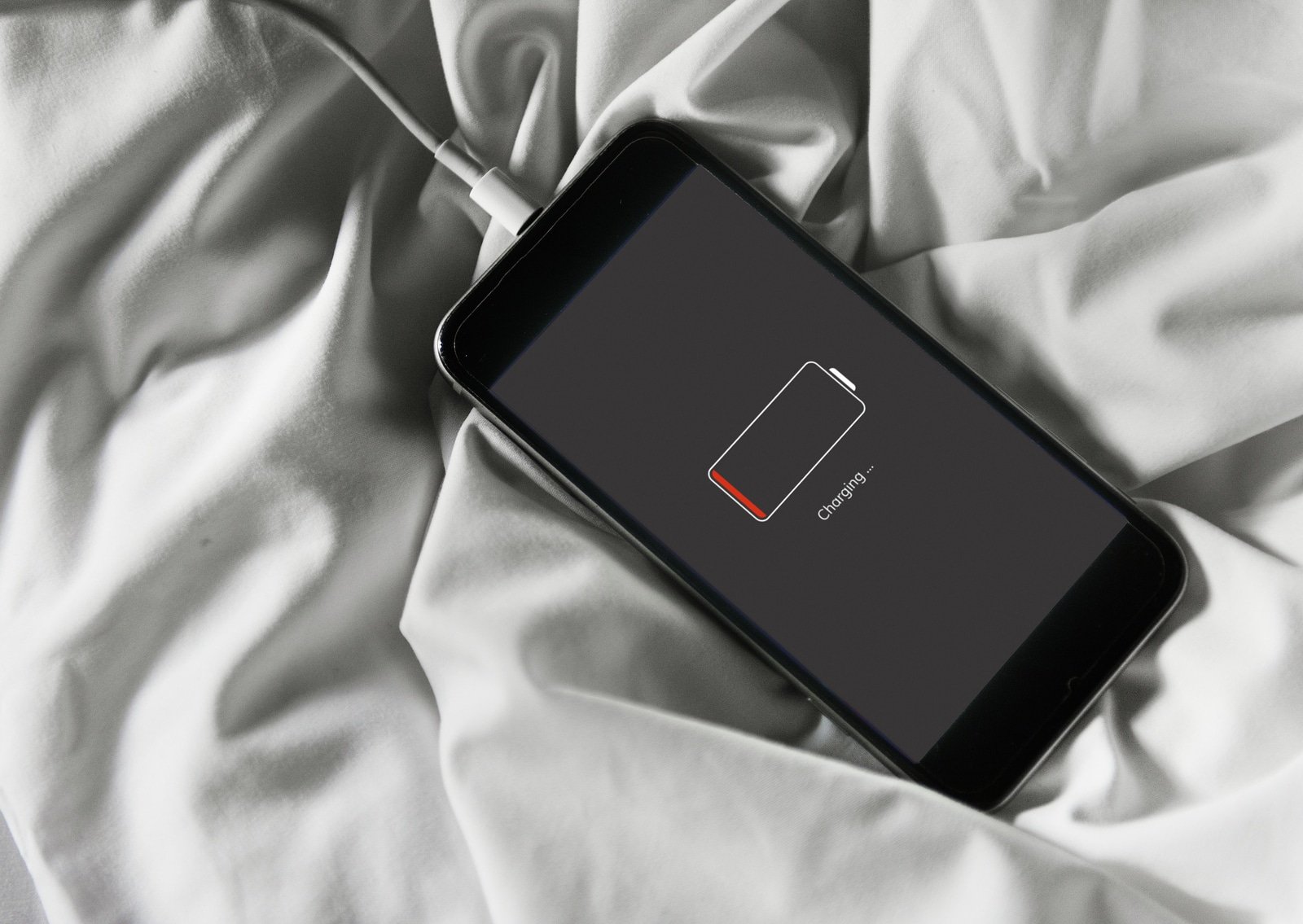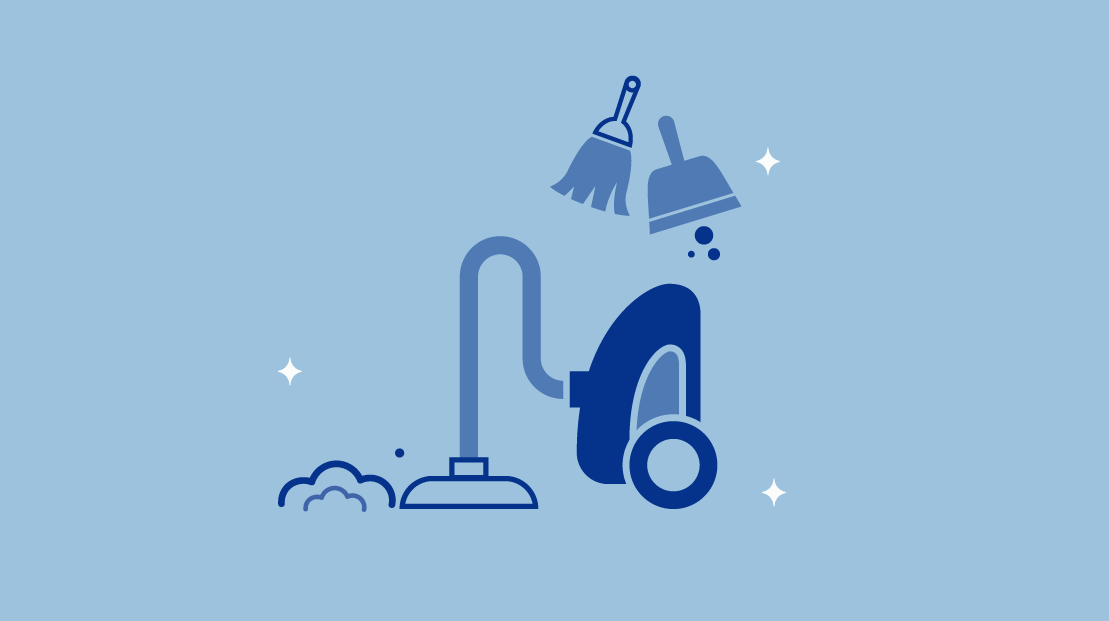Making it through medical school is challenging enough when you’re healthy. Add chronic exhaustion on top of it, and the job gets even tougher.
These days, Dr. Jacob Teitelbaum is a well-known expert in the fields of chronic fatigue syndrome and chronic pain. But years ago, he was simply a young student struggling to make it through medical school with his own chronic fatigue diagnosis.
How did he cope—and how does he manage to sleep well and stay energized and productive today? We spoke with Dr. Teitelbaum to find the answers, along with his top herbal remedies for sleep, the best things to add to your bedtime bath, and the top snack to help you avoid waking up in the middle of the night.
MG: You were diagnosed with chronic fatigue syndrome in medical school. What did that feel like?
Dr. Teitelbaum: Having chronic fatigue syndrome feels like having chronic exhaustion, with flulike feelings, severe insomnia, a fuzzy brain, and usually widespread achiness and tight muscles. You experience these feelings even if you manage to get a full night’s sleep, though less so.
MG: How did the disorder affect your ability to sleep well and feel energized during the day?
Dr. Teitelbaum: Chronic fatigue syndrome results in an inability to get deep sleep. You have difficulty falling asleep, staying asleep, and having refreshing sleep.
With chronic fatigue syndrome, there are malfunctions in a key area of the brain’s control center, called the hypothalamus. This controls sleep and hormonal function, as well as autonomic function.

MG: How do you take steps to get enough quality sleep and stay energized and productive throughout the day today?
Dr. Teitelbaum: With chronic fatigue syndrome, it’s best to use a mix of specific medications and herbals to get the sleep you need. [Editor’s note: Talk with your doctor to find out what might be right for you.]
Having recovered, I use a mix of six herbs—including valerian, passion flower, lemon balm, hops, theanine, and wild lettuce. They support sleep and promote feelings of calm and muscle relaxation.
MG: Do you have any evening routines or bedtime “musts” in order to be well-rested?
Dr. Teitelbaum: Personally, I like to read and have a glass of caffeine-free mint tea. It’s just my evening ritual. Any calming routine signals to the body that it’s time to sleep, just like reading children a bedtime story.
“Any calming routine signals to the body that it’s time to sleep, just like reading children a bedtime story.”
MG: You also specialize in chronic pain. How can pain make it more difficult to achieve quality sleep?
Dr. Teitelbaum: This issue works in both directions. Pain can make it hard to find a comfortable position to sleep in. More importantly, tissue repair occurs during deep stages of sleep, when growth hormone is released.
Research shows that without getting enough of this deep sleep, even people without pain will develop chronic pain, and those with pain would not be able to get adequate relief. Getting optimal deep sleep is a critical part of make the pain go away.
MG: How can people dealing with chronic pain sleep better?

Dr. Teitelbaum: Using the mix of treatments discussed in my book, The Fatigue and Fibromyalgia Solution, most people can get eight hours of solid sleep a night. Using a mix of treatments is often necessary, and it’s important to use low doses to avoid sedation the next day.
Helpful medications include Ambien, Trazodone, Neurontin, and Flexeril at low dose. For natural remedies, melatonin can be helpful for sleep, and topical comfrey can be very helpful for pain. [Editor’s note: Always talk to your doctor to determine the right treatment for you.]
A hot bath with two cups of Epsom salts and a few drops of lavender essential oil taken an hour before bedtime can also help ease pain and promote relaxation. You can eat a one-ounce protein snack (like a hard-boiled egg) at bedtime to prevent the blood sugar drops that often wake people up at 2 AM.
MG: Are there any particular things you would tell any patient, even healthy ones, on why they should make getting enough sleep a priority?
“Adequate sleep is critical for proper immune function and preventing pain.”
Dr. Teitelbaum: In addition to having good energy and a clear mind, adequate sleep is critical for proper immune function and preventing pain. It’s also important for maintaining a healthy weight, since research shows that inadequate sleep alone is associated with a 6 ½ pound weight gain, on average.
About the author
Marygrace Taylor is an award-winning health writer for Amerisleep. Her commitment to sleep health is evident in her ability to consistently prioritize eight hours of sleep each night. Her in-depth interviews with industry experts, such as Ken Ceder on "Why Light is Essential for Great Sleep and Optimum Health," highlight her dedication to delivering valuable insights. Marygrace's work has been featured in reputable publications like Business Insider, Glamour, Refinery29, Metro UK, and Hunker, further solidifying her expertise in the field.
View all posts





